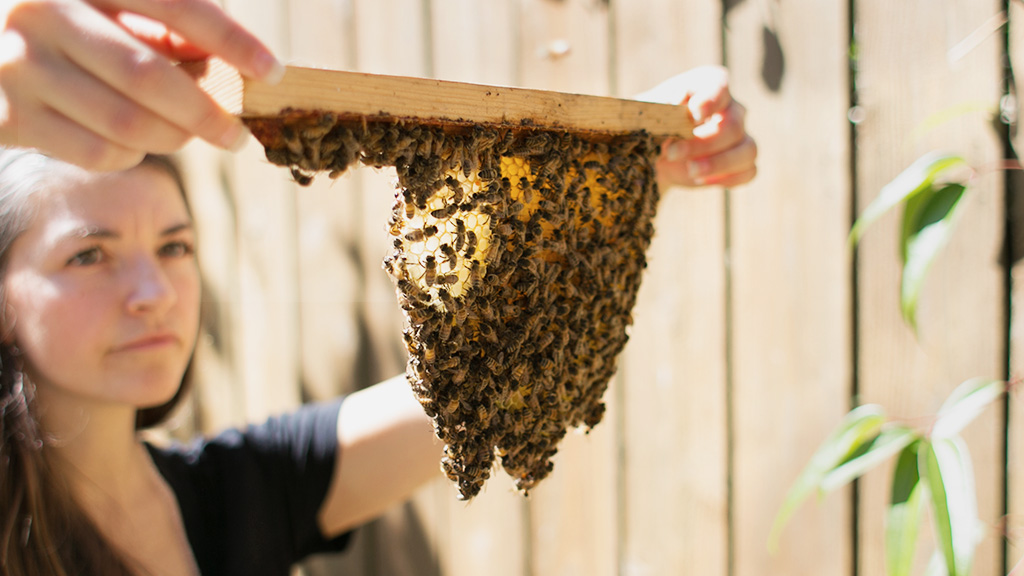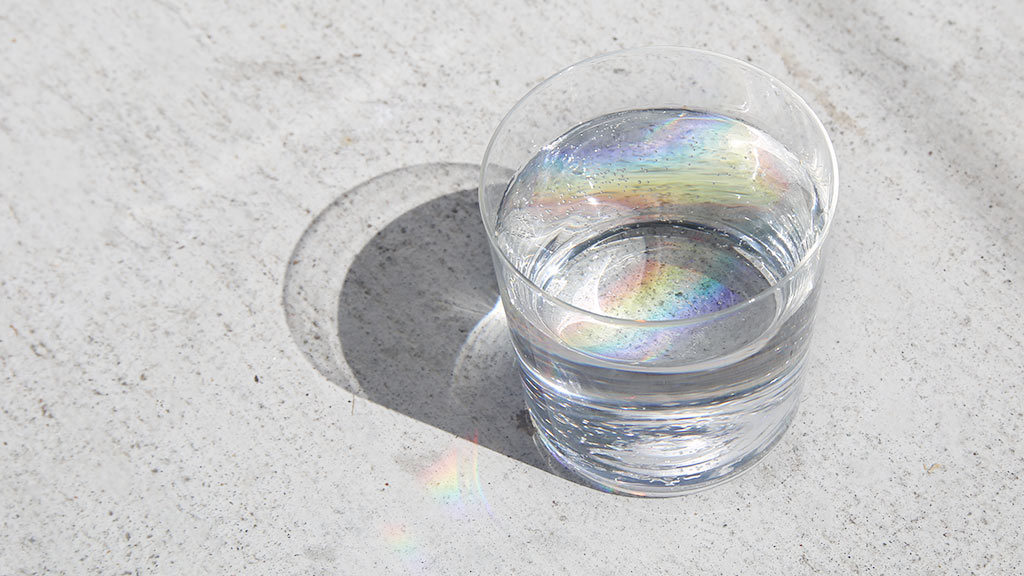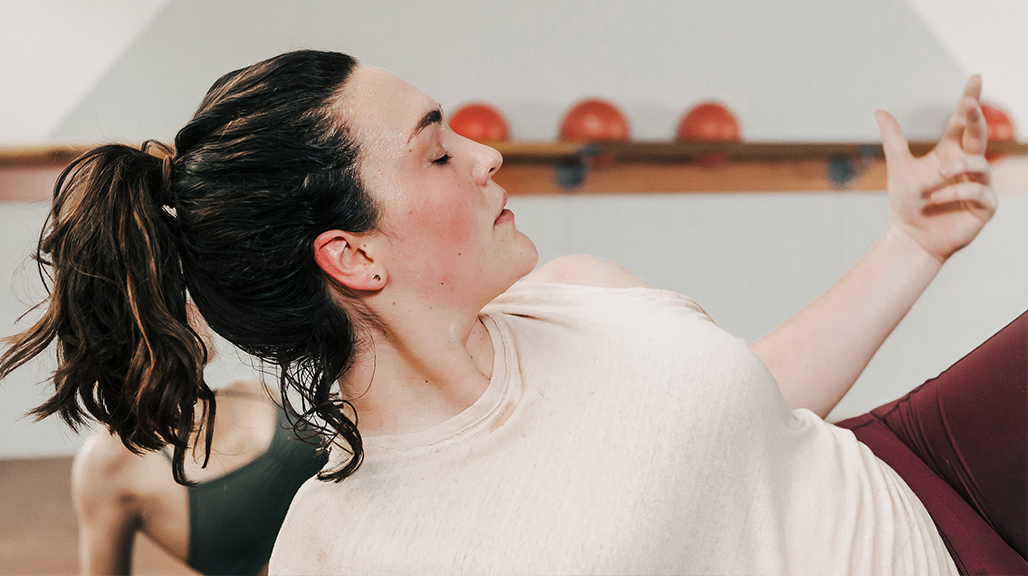Connect
The Secret Life of Heidi Waltermire
Barre3 instructor Heidi Waltermire is known in Portland, OR for her ability to inspire you to work deeper than you ever thought possible—but there’s one thing about her you probably didn’t know: She’s also a beekeeper. We recently went home with Heidi to meet her bees and chat about her secret passion beyond barre3. Read on for our conversation.

barre3: Why beekeeping?
Heidi: I’ve always loved bees. One of my favorite things about them is that the females run the show. The male’s role is to impregnate the queen, but the females are the ones who do all the work. In fact, I refer to my hives as “The Rosies” after Rosie the Riveter.
What has beekeeping taught you?
To be present! Bees have an extreme sense of smell and an amazing ability to sense emotion. If you come at them distracted or with fear or anger, they don’t like it. In fact, the only times I’ve been stung was when I was rushing through hive checks—physically there but mentally somewhere else. Now I make sure I always come to my bees with intention. I move slowly. I take big, calming breaths. I check myself to make sure I’m in the moment.
Is honey a superfood?
Yes, but a lot of the honey sold in the United States isn’t pure honey because it goes through an ultrafiltration process where pollen is removed. To make sure you’re getting all the health benefits, it’s best to buy raw honey—available at your local co-op or farmer’s market.
What are the nutritional benefits of honey?
There are so many! Honey boosts your immune system, it can help with digestion, and it soothes sore throats and coughs. It’s even great for clearing your skin—you can use it as a cleanser or a face mask. One of my favorite ways to use honey is as a remedy for cuts and kitchen burns. Just dab a little on the affected spot, cover with a band-aid, and let the healing begin.
Anything else?
Yes. The bee population is declining rapidly. If bees became extinct, it would have a devastating effect on our entire ecosystem, including our food supply. The good news is, there are groups out there working to improve the situation. If you’re curious to learn more, you can get great information at save-bees.org.
Barre3 instructor Heidi Waltermire is known in Portland, OR for her ability to inspire you to work deeper than you ever thought possible—but there’s one thing about her you probably didn’t know: She’s also a beekeeper. We recently went home with Heidi to meet her bees and chat about her secret passion beyond barre3. Read on for our conversation.

barre3: Why beekeeping?
Heidi: I’ve always loved bees. One of my favorite things about them is that the females run the show. The male’s role is to impregnate the queen, but the females are the ones who do all the work. In fact, I refer to my hives as “The Rosies” after Rosie the Riveter.
What has beekeeping taught you?
To be present! Bees have an extreme sense of smell and an amazing ability to sense emotion. If you come at them distracted or with fear or anger, they don’t like it. In fact, the only times I’ve been stung was when I was rushing through hive checks—physically there but mentally somewhere else. Now I make sure I always come to my bees with intention. I move slowly. I take big, calming breaths. I check myself to make sure I’m in the moment.
Is honey a superfood?
Yes, but a lot of the honey sold in the United States isn’t pure honey because it goes through an ultrafiltration process where pollen is removed. To make sure you’re getting all the health benefits, it’s best to buy raw honey—available at your local co-op or farmer’s market.
What are the nutritional benefits of honey?
There are so many! Honey boosts your immune system, it can help with digestion, and it soothes sore throats and coughs. It’s even great for clearing your skin—you can use it as a cleanser or a face mask. One of my favorite ways to use honey is as a remedy for cuts and kitchen burns. Just dab a little on the affected spot, cover with a band-aid, and let the healing begin.
Anything else?
Yes. The bee population is declining rapidly. If bees became extinct, it would have a devastating effect on our entire ecosystem, including our food supply. The good news is, there are groups out there working to improve the situation. If you’re curious to learn more, you can get great information at save-bees.org.
![]()










6 people have left a comment. Join the conversation!
View Comments